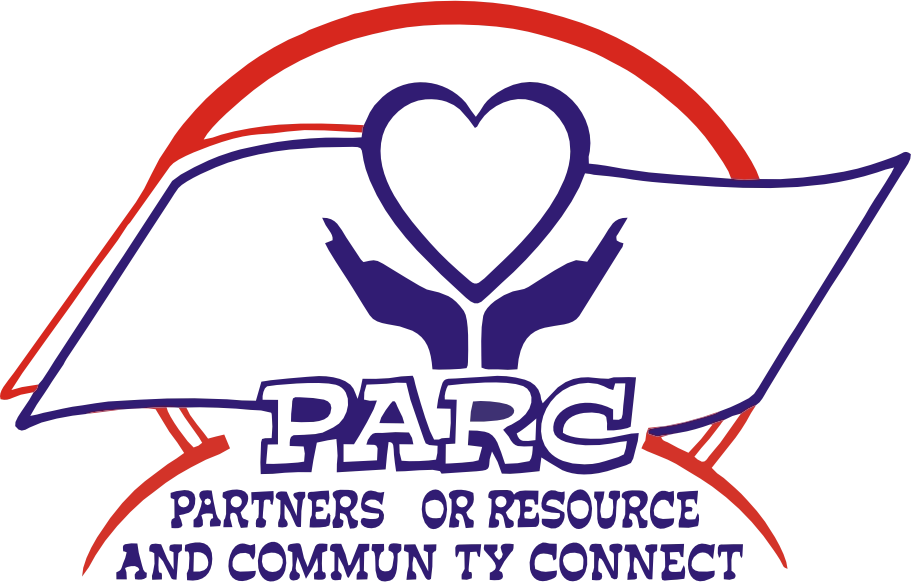PROBLEM
In Sub-Saharan Africa, the lives of many children are disrupted or even lost due to preventable, treatable, and curable diseases. Uganda’s key health and social development indices have been below expectations. With only one doctor for every 25,000 people, Uganda falls significantly short of the World Health Organization’s (WHO) recommendations. The country struggles with relatively high levels of morbidity and mortality from preventable causes. Local clinics can be distant, understaffed and ill-equipped. These issues create obstacles to the health and wellness of children, especially in rural communities.
In Uganda, the public health system is very poorly developed due to the limited state budget – the few health facilities can only care for a fraction of the population. In rural areas in particular, there is often a lack of affordable basic medical care, advice and preventive services. The shortage of medicines and health products is driving up prices for drugs and medical supplies that are available. As a result, two thirds of the population cannot afford medicines and suffer from diseases that are actually easy to treat.
SOLUTION
To address this situation, with funding from LUENA Foundation, we have established a small clinic (named in the honor of Ryan Lam – the project donation major fundrasier) that provide our school children and guardians / parents with immediate access to disease prevention education, wellness checkups, pharmacy services, nutritional assessments, and medical care including treatment malaria – one of the top leading diseases.
While this is a school clinic, it is still being operated in a rented facility due to limited infrastructure at our school. Expanding this clinic will enable PARC-Uganda to ensure a sustainable supply of affordable medicines and health /hygiene products, and strengthening the delivery of quality healthcare services to the rural communities.
The clinic complements free governmental healthcare system, as it works to provide quality medical services to the people at minimal costs (subsidized fee-based health care) combined with free medical care to our school children and other vulnerable members from the community.
Our clinic model is that ALL PROFITS supported with donations are recycled back in the community to give dignified and compassionate care to needy people and enabling the children to continue their journey to break poverty.
FUTURE PLANS
- Construct clinic building so we can have adequate space to offer quality care
- Conducting mobile health camps to provide continuous preventive education, early disease diagnosis and treatment.
- Seeking nutritional and medical experts to help in designing a malnourished babies feeding program / feeding formula
